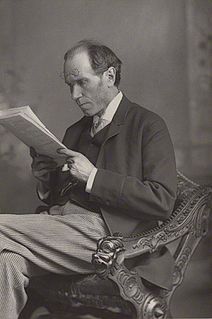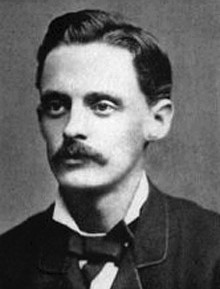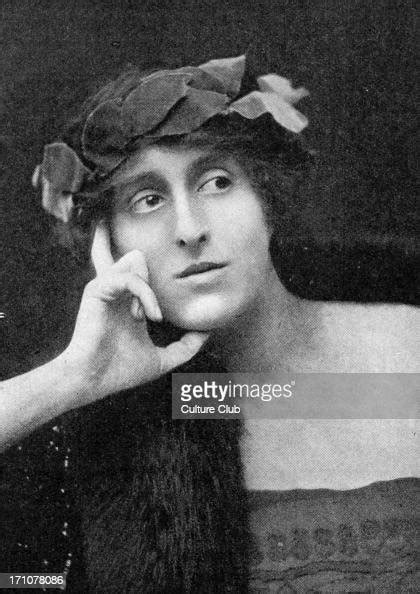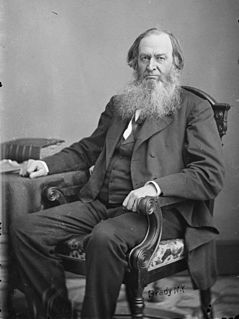A Quote by James Payn
A man with an invention on which he has spent his life, but has no means to get it developed for the good of humanity - or even patented for himself - must feel the pinch of poverty very acutely.
Related Quotes
Shall an invention be patented or donated to the public freely? I have known some well-meaning scientific men ... to look askance at the patenting of inventions, as if it were a rather selfish and ungracious act, essentially unworthy. The answer is very simple. Publish an invention freely, and it will almost surely die from lack of interest in its development. It will not be developed and the world will not be benefited. Patent it, and if valuable, it will be taken up and developed into a business.
Man—every man—is an end in himself, not a means to the ends of others; he must live for his own sake, neither sacrificing himself to others nor sacrificing others to himself; he must work for his rational self-interest, with the achievement of his own happiness as the highest moral purpose of his life.
I believe that the unity of man as opposed to other living things derives from the fact that man is the conscious life of himself. Man is conscious of himself, of his future, which is
death, of his smallness, of his impotence; he is aware of others as others; man is in nature, subject to its laws even if he transcends it with his thought.
The best Armour of Old Age is a well spent life preceding it; a Life employed in the Pursuit of useful Knowledge, in honourable Actions and the Practice of Virtue; in which he who labours to improve himself from his Youth, will in Age reap the happiest Fruits of them; not only because these never leave a Man, not even in the extremest Old Age; but because a Conscience bearing Witness that our Life was well-spent, together with the Remembrance of past good Actions, yields an unspeakable Comfort to the Soul
The man whose whole life is spent in performing a few simple operations, of which the effects are perhaps always the same, or very nearly the same, has no occasion to exert his understanding or to exercise his invention in finding out expedients for removing difficulties which never occur. He naturally loses, therefore, the habit of such exertion, and generally becomes as stupid and ignorant as it is possible for a human creature to become.
The true solitary ... will feel that he is himself only when he is alone; when he is in company he will feel that he perjures himself, prostitutes himself to the exactions of others; he will feel that time spent in company is time lost; he will be conscious only of his impatience to get back to his true life.
If you meet at dinner a man who has spent his life in educating himself - a rare type in our time ... you rise from table richer, and conscious that a high ideal has for a moment touched and sanctified your days. But Oh! my dear Ernest, to sit next to a man who has spent his life in trying to educate others! What a dreadful experience that is!
His (Lenin's)humanitarianism was a very abstract passion. It embraced humanity in general but he seems to have had little love for, or even interest in, humanity in particular. He saw the people with whom he dealt, his comrades, not as individuals but as receptacles for his ideas. On that basis, and no other, they were judged. He judged man not by their moral qualities but by their views, or rather the degree to which they accepted his.
Religion is an attempt to get control over the sensory world, in which we are placed, by means of the wish-world, which we have developed inside us as a result of biological and psychological necessities... If one attempts to assign to religion its place in man's evolution, it seems not so much to be a lasting acquisition, as a parallel to the neurosis which the civilized individual must pass through on his way from childhood to maturity.
A man vows, and yet will not east away the means of breaking his vow. Is it that he distinctly means to break it? Not at all; but the desires which tend to break it are at work in him dimly, and make their way into his imagination, and relax his muscles in the very moments when he is telling himself over again the reasons for his vow.
It is not a slight thing, gentlemen, to force a man to say what he is, or what he believes himself to be; for that supreme word of man, that single expression which he utters of and upon himself is decisive. It lays down the basis upon which all judgment of him is to be formed. From that moment all the acts of his life must correspond to the answer given by him.






































